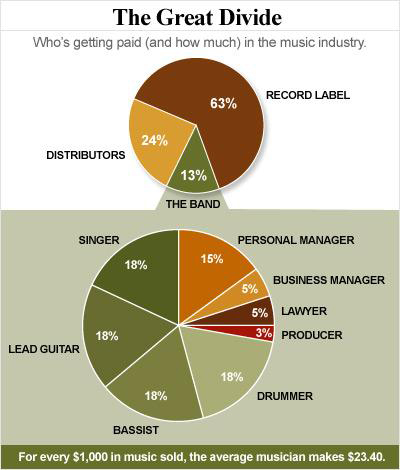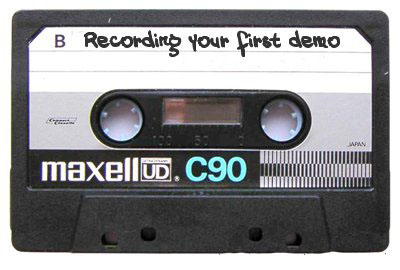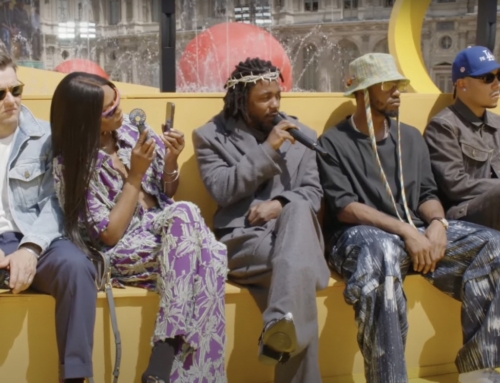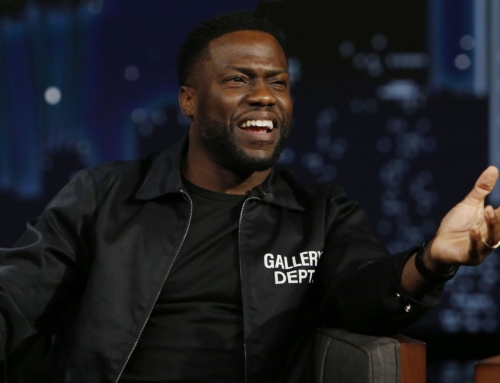Aspiring producers, singers/songwriters bands and rappers alike, dream to have their music discovered by “big league” record companies and have their singles released and heard on the radio- it’s the dream; isn’t it? We’ve come a long way from the old days where mixed tapes of artists’ demos are somehow smuggled past security to wind up in the hands of a hopefully impressed A&R executive’s (the division of a record label or music publishing company that is responsible for talent scouting and overseeing the artistic development of recording artists and/or songwriters) hands. Those days, however, are long gone with the digital revolution ushering another shift in the relationship between artists and the record companies; hungry to nab the next big thing.
 The over glorified record contract used to mean sudden access to millions of record company dollars, devoted to promotional and marketing power, whose aim was to put you in the spotlight and help the world hear your music. From releasing music videos to booking recording studio time and the release of full length albums, all of these things were associated with making it big. The pre-eminence of American Idol and X-Factor help reinforce the big dream of being discovered for millions of aspiring singers- adults and youth alike.
The over glorified record contract used to mean sudden access to millions of record company dollars, devoted to promotional and marketing power, whose aim was to put you in the spotlight and help the world hear your music. From releasing music videos to booking recording studio time and the release of full length albums, all of these things were associated with making it big. The pre-eminence of American Idol and X-Factor help reinforce the big dream of being discovered for millions of aspiring singers- adults and youth alike.
These were the trappings of a bygone age, however, and that time has long passed. The nature of the game has inexorably changed, and I’m not just talking about the necessity of record labels to have the public gain access to your music. A number of scandalous lawsuits emerged in the 90’s, shedding light on the sad state of affairs in the industry, which along with music’s digital revolution, has transformed the relationship between artist and public, leaving record companies and labels slowly adapting amidst a quickly shifting landscape.
Recording Contract Realities
Take a look at TLC, artists who were at the top of their game, who were forced to file chapter 11 bankruptcy in 1995, on the heels of their highest grossing album CrazySexyCool, which sold 11 million copies just a year before. For every $1,000 sold “the average musician gets $23.40.” For a breakdown of who gets money from album sales (hint: it’s not the artist), take a look at the graph below.

courtesy of TheRoot.com
My previous post I spoke of the digital revolution and the industry wide ramifications- relationships between record companies, musicians and their fans are no exception. Traditionally seeking talent willing to sign onto lengthy contracts tethering them to producing multiple full length albums, under the total control of the entities they signed onto, the electronic music world has quickly adapted to present day realities.
(Why Not) Do It Yourself!?
 No longer seeking full length albums, EDM oriented record labels are looking for EPs, consisting (usually) of a handful of tracks, usually comprising of no more than 5 or 6, which usually include a handful of remixes. Artists still release full length EP’s from time to time, however for the most part, EP’s have replaced the full length album as the standard record release format.
No longer seeking full length albums, EDM oriented record labels are looking for EPs, consisting (usually) of a handful of tracks, usually comprising of no more than 5 or 6, which usually include a handful of remixes. Artists still release full length EP’s from time to time, however for the most part, EP’s have replaced the full length album as the standard record release format.
The advent of software like Ableton Live, GarageBand and Pro Tools has enabled the laptop you’re reading this off of, to serve as their own personal recording studio. While original content is always privileged and preferred, the use of samples from guitars and drum loops to synths and even vocals, now mean you no longer have to be Prince to record an EP all by yourself. As a result, underground record labels that release digitally have a key advantage: externalized studio fees they don’t need to pay to get the music they’re looking to release.
Furthermore, Soundcloud has deepened the integrated relationship between artists/producers, fans and labels. Allowing for a truly interactive experience, where users can comment directly on the wav-forms of the tracks they’re listening to, technology has enabled you to reach out directly to artists whose music you love, or labels you think would be interested to release your sound. Direct links to record labels’ dropbox accounts allow artists to connect to their A/R reps easier than the industry was structured five to ten years. With all that has changed in line with the digitalization of music, it has been the accessibility of artists to record their own music and get it heard around the world- all without the “golden ticket” of a record contract which often serves as more of a leash, than the freedom to pursue a dream that it once represented.





